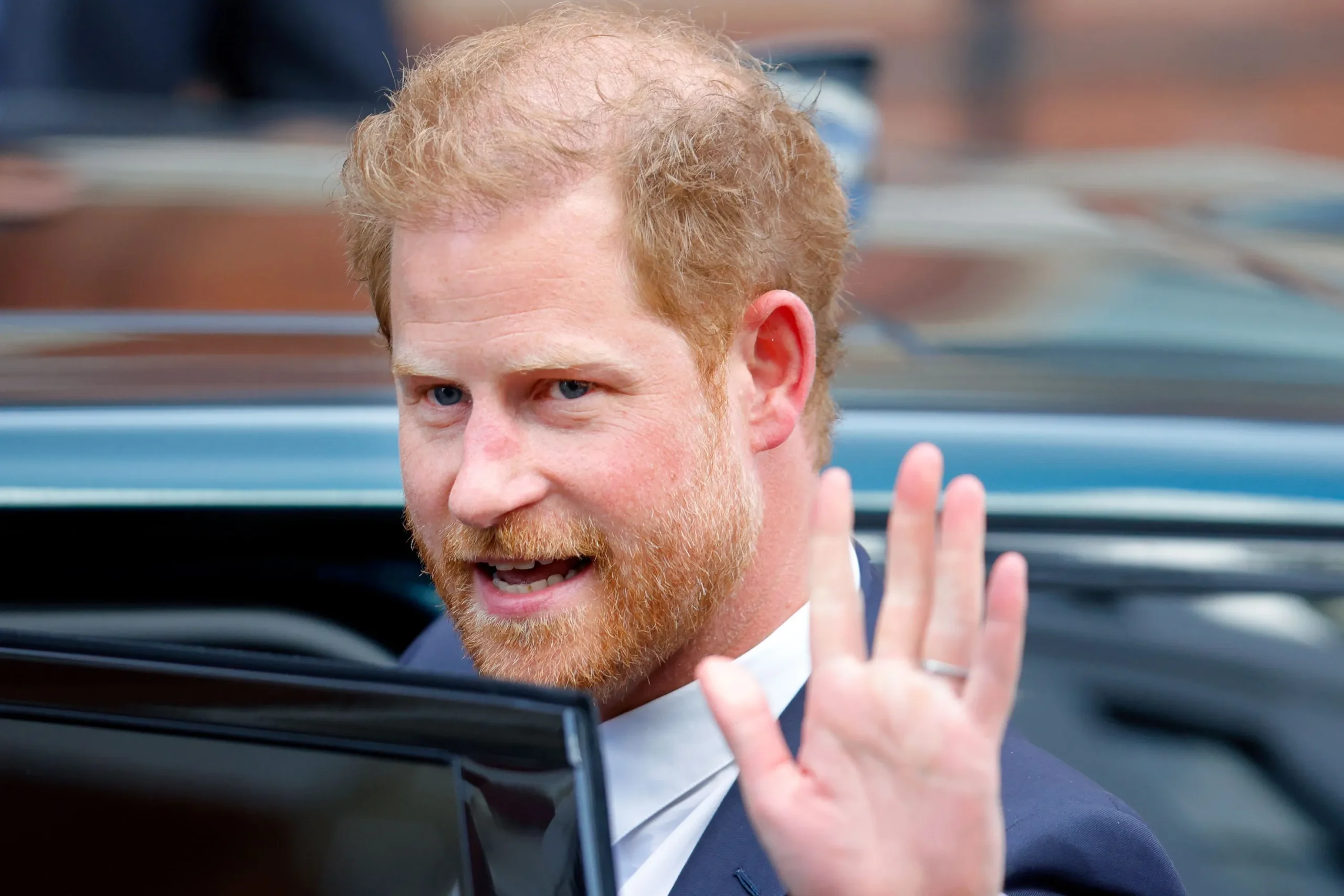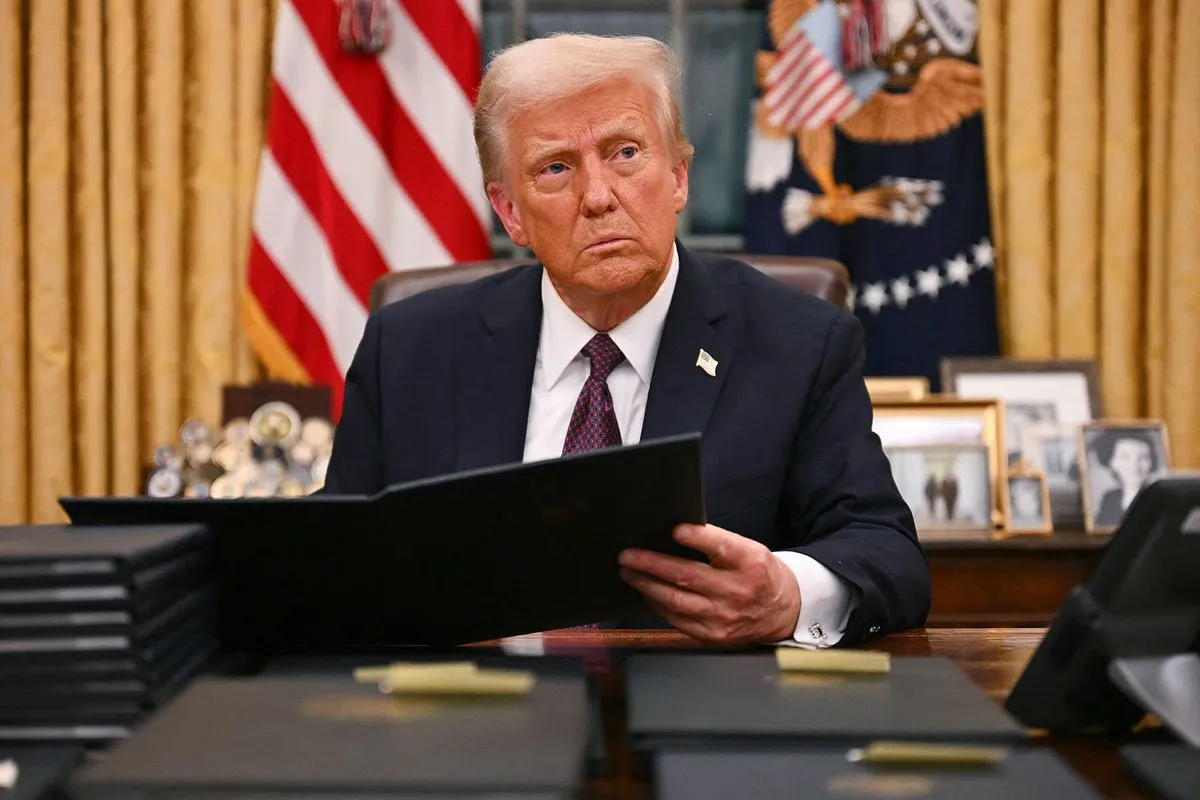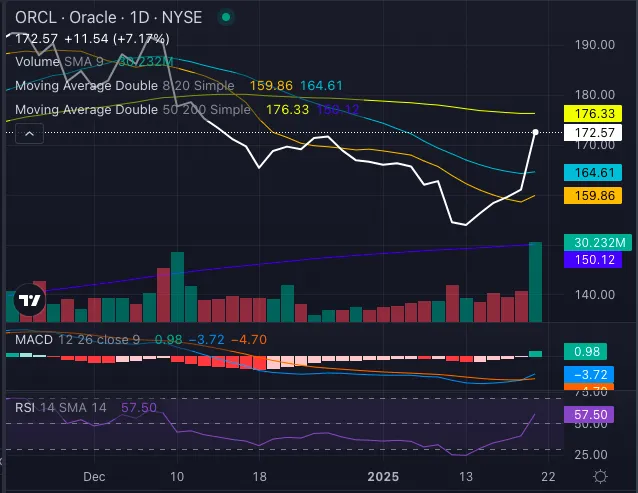Prince Harry’s Shocking Legal Battle: What You Need to Know!
Prince Harry’s ongoing legal battle against Rupert Murdoch’s British tabloids has captured public attention, revealing a complex web of allegations regarding unlawful information gathering. The Duke of Sussex is not just fighting for himself; he represents a broader movement among public figures challenging the media’s intrusive practices. This article explores the details surrounding this high-stakes case, shedding light on its implications for privacy rights and media ethics.
In recent years, Prince Harry has taken a stand against what he describes as a relentless invasion of his privacy by the British press. His lawsuit against News Group Newspapers, a subsidiary of Murdoch’s media empire, alleges that tabloids illegally obtained personal information through invasive tactics, including phone tapping and surveillance. This legal action is emblematic of Harry’s ongoing struggle with media intrusion, echoing the tragic experiences of his late mother, Princess Diana, who also faced intense media scrutiny.
The Background of the Legal Battle
The legal battle began several years ago and has since evolved into a significant case highlighting issues of privacy and media ethics. Harry’s claims are not isolated; they are part of a broader trend where public figures are increasingly challenging the aggressive tactics of the British press. The lawsuit includes not only Harry but also other high-profile individuals, such as Elton John and Elizabeth Hurley, who have joined in the allegations against Associated Newspapers Limited.
Recently, Harry reached a settlement with News Group Newspapers, which included a historic apology from the publisher. This settlement marked a significant moment in the ongoing saga, as it underscored the serious nature of the allegations and the media’s responsibility to uphold ethical standards. However, the trial is set to begin soon, and opening arguments are expected to delve into the extensive history of media intrusion into Harry’s life.
Key Allegations and Legal Proceedings
The core of Harry’s lawsuit revolves around allegations of unlawful information gathering. The legal proceedings have revealed a disturbing pattern of unethical practices within the British tabloid industry, prompting calls for greater accountability. Harry’s legal team has emphasized the emotional toll that media scrutiny has taken on him and his family, particularly in relation to his mother’s tragic death.
- Phone Tapping: Allegations of phone tapping have been central to the case, with claims that tabloids accessed Harry’s private messages without consent.
- Surveillance: The lawsuit also includes accusations of invasive surveillance tactics employed by tabloids to gather personal information.
- Emotional Impact: Harry’s team argues that the relentless media scrutiny has had profound emotional effects on him and his family.
Harry’s previous legal victories, including a successful case against Mirror Group Newspapers for extensive phone hacking, add weight to his current claims. This history of legal battles against media organizations illustrates the ongoing struggle faced by public figures in protecting their privacy.
Implications for Media Ethics
The outcome of this trial could have significant implications for the future of journalism in the UK. It raises critical questions about the balance between press freedom and individual privacy rights. The discussions surrounding this case have sparked a broader conversation about the responsibilities of the media and the ethical standards that should govern reporting practices.
Public interest in the case remains high, with many viewing it as a pivotal moment in the ongoing discourse about media ethics and the treatment of celebrities. The trial is not just about Prince Harry; it represents a larger movement advocating for the rights of individuals against invasive media practices.
A Broader Narrative
Prince Harry’s legal battle is emblematic of his broader narrative regarding his experiences with the royal family and the media. His fight against media invasions of privacy is seen as part of a larger movement among public figures to challenge the press’s aggressive tactics. The outcome of this case could influence public perception of both Prince Harry and the British tabloids involved.
As the trial approaches, many are left wondering about the potential repercussions. Will Harry’s legal victories set a precedent for future cases involving privacy rights against media organizations? The stakes are high, and the implications could reverberate throughout the media landscape.
Conclusion
Prince Harry’s legal battle against Rupert Murdoch’s British tabloids is more than just a personal fight; it is a significant moment in the ongoing struggle for privacy rights in the face of aggressive media practices. As the trial unfolds, it will undoubtedly continue to capture public interest and spark discussions about the responsibilities of the press. The outcome could lead to significant changes in how tabloids operate and may encourage more individuals to pursue legal action against media organizations.
In a world where the line between public interest and personal privacy is increasingly blurred, Prince Harry’s case serves as a reminder of the importance of ethical journalism and the need for accountability in the media. As he continues to navigate this legal battle, the broader implications for privacy rights and media ethics will remain at the forefront of public discourse.






Leave a Comment